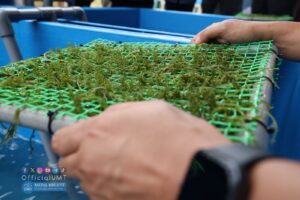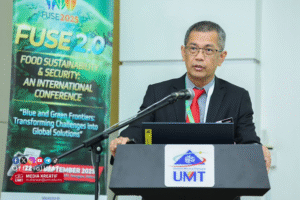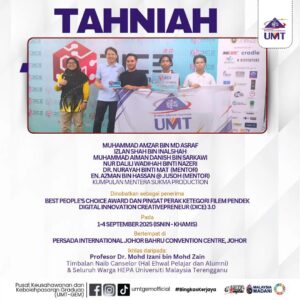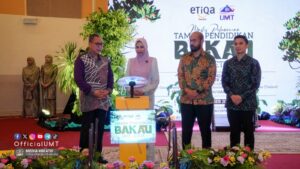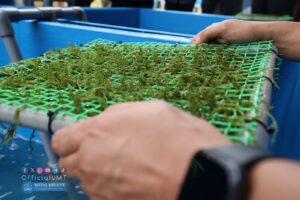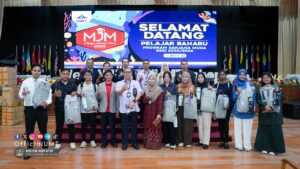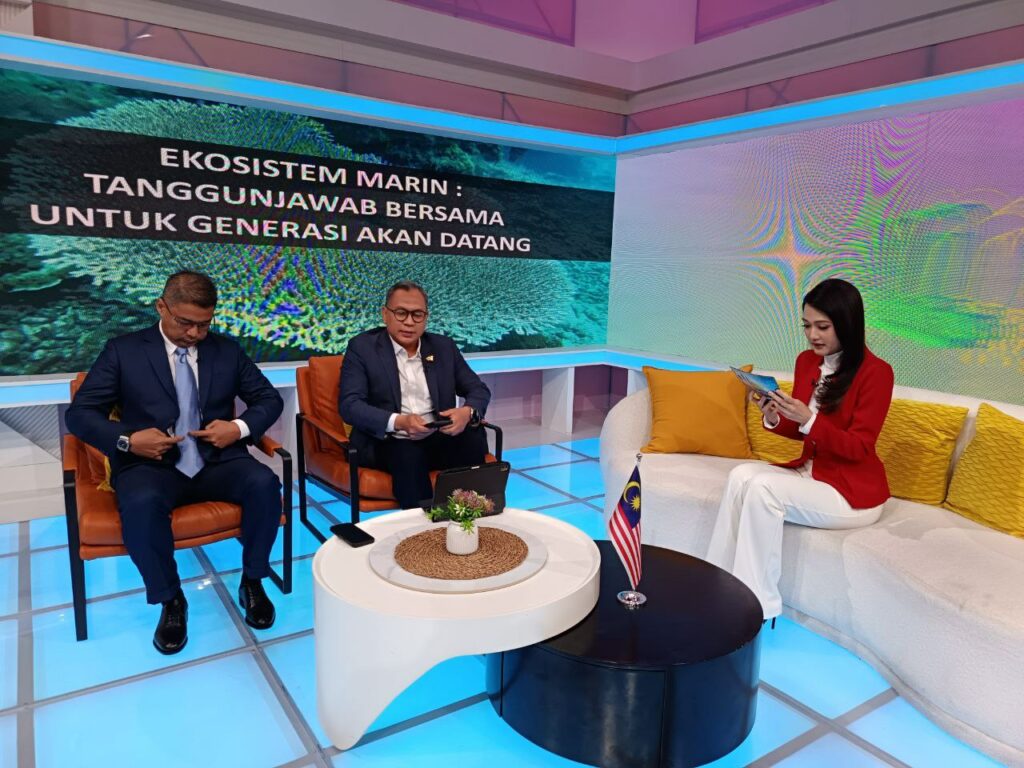
UMT Encourages Corporate Agencies, NGOs to Strengthen Marine Conservation Efforts
Tuesday, 29/07/2025
Share This Article :
Kuala Lumpur – The ocean is not merely a beautiful blue expanse; it is the lifeblood of our planet, supplying oxygen, regulating the climate, and providing food to millions. However, our oceans are now facing an extraordinary crisis due to climate change, pollution, and increasing human activity. Recognizing these challenges, Universiti Malaysia Terengganu (UMT) continues to lead marine ecosystem conservation in the country through strategic cross-sector collaborations, including partnerships with corporate agencies.
UMT Vice-Chancellor Prof. Dr. Mohd Zamri Ibrahim emphasized a holistic approach in an interview segment on Selamat Pagi Malaysia, titled Marine Ecosystems: A Shared Responsibility for Future Generations.
According to Prof. Zamri, scientific indicators over the past decade have raised serious concerns.
“As a marine-focused university, we are aware of the recent changes, especially concerning oceans and the climate.
Sea surface temperatures are rising, ocean acidity is increasing, coral reefs are bleaching, and key marine species populations are declining. UMT’s research data even shows significant changes in the size and weight of turtles, indicating chronic ecological disturbances.
Our oceans are losing their ability to regulate global temperatures and oxygen levels. This calls for immediate and intelligent action,” he stressed.
Plastic pollution reaching 14 million tonnes annually and the threat to over 800 marine species further intensify the urgent need for a holistic approach, one that combines research, education, and field action.
Commenting on academic-corporate partnerships, he highlighted the strong collaboration between UMT and corporate agencies as a key strategy to support sustainable development.
He noted that a major challenge lies in the lack of understanding among the public and policymakers about the true potential of the oceans. Beyond being a source of protein, the ocean also holds renewable energy potential such as wave and tidal energy.
Marine conservation efforts can no longer be taken lightly. In the face of climate change, biodiversity loss, and increasing pressure on marine resources, only a comprehensive approach can lead to effective solutions.
UMT’s initiatives with corporate partners like RHB are not just examples of successful collaborations, but they are a call to action for all sectors of society, including industry players, government agencies, and corporate bodies.
“Future generations deserve to inherit healthy oceans, rich in marine life and functioning as the Earth’s stabilizer. To make that vision a reality, action must begin today, and it must be a collective effort,” he said.


